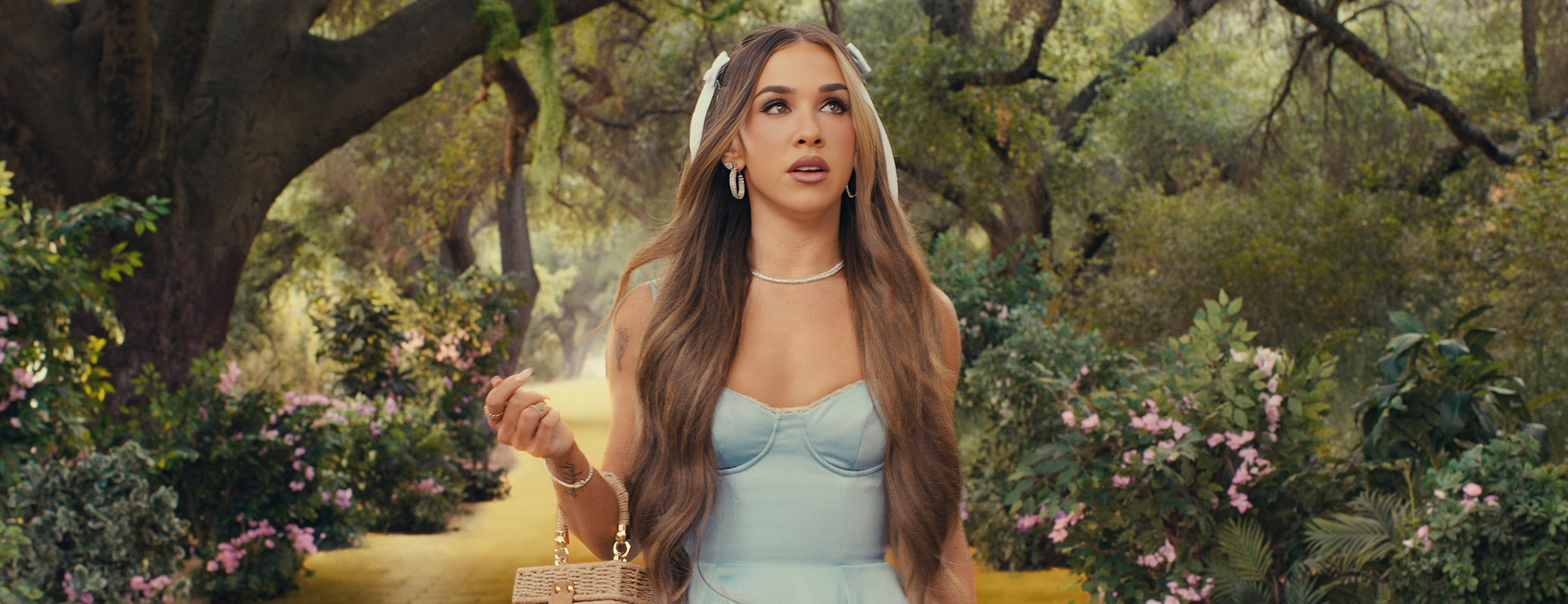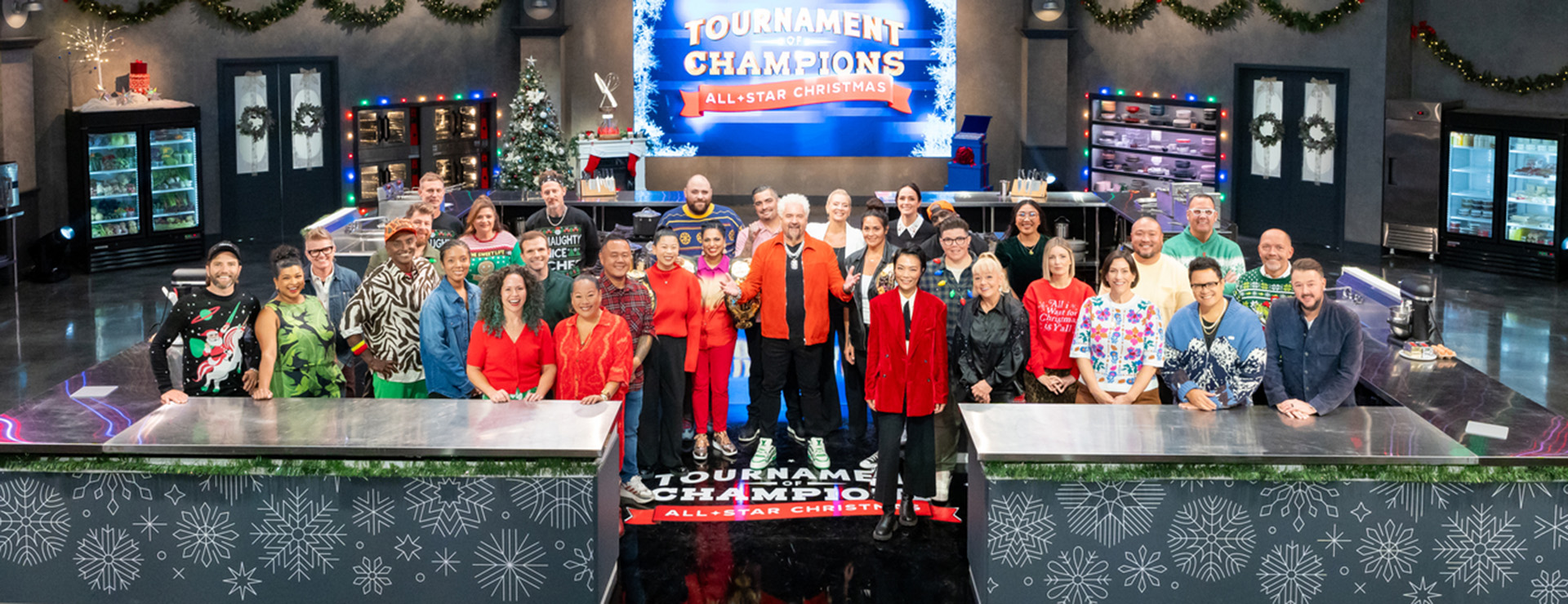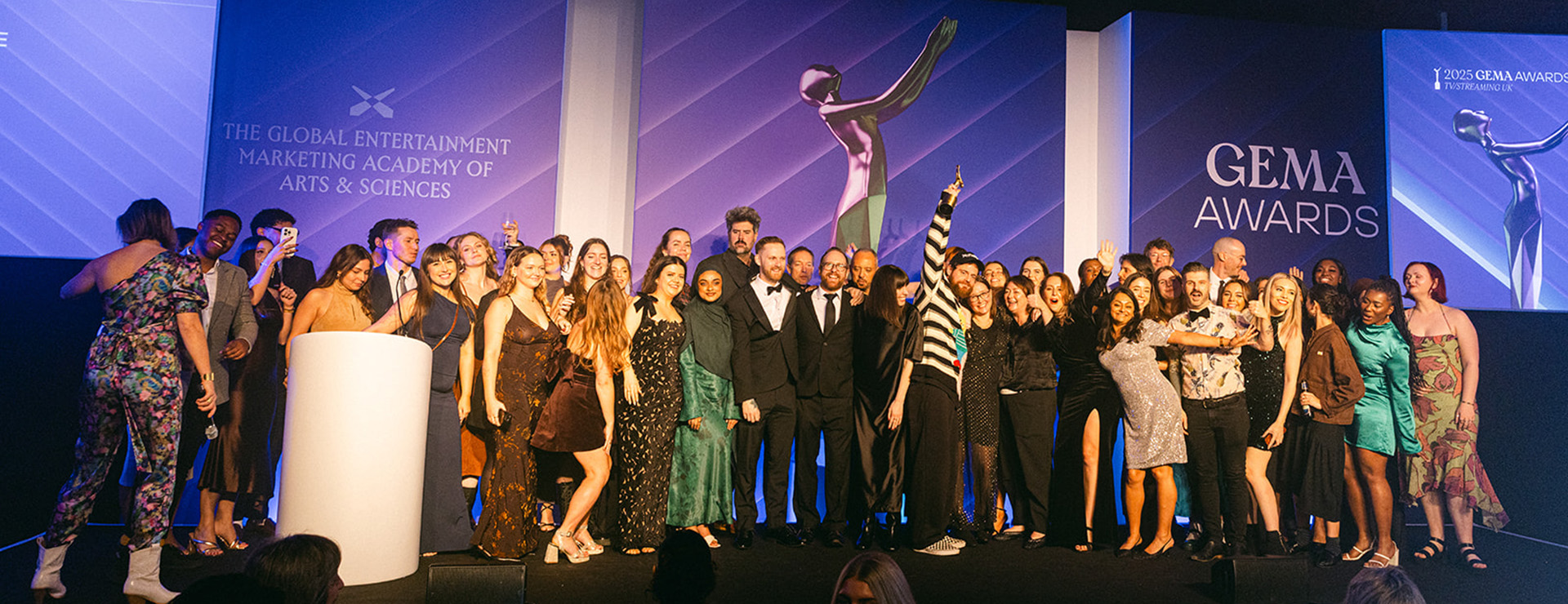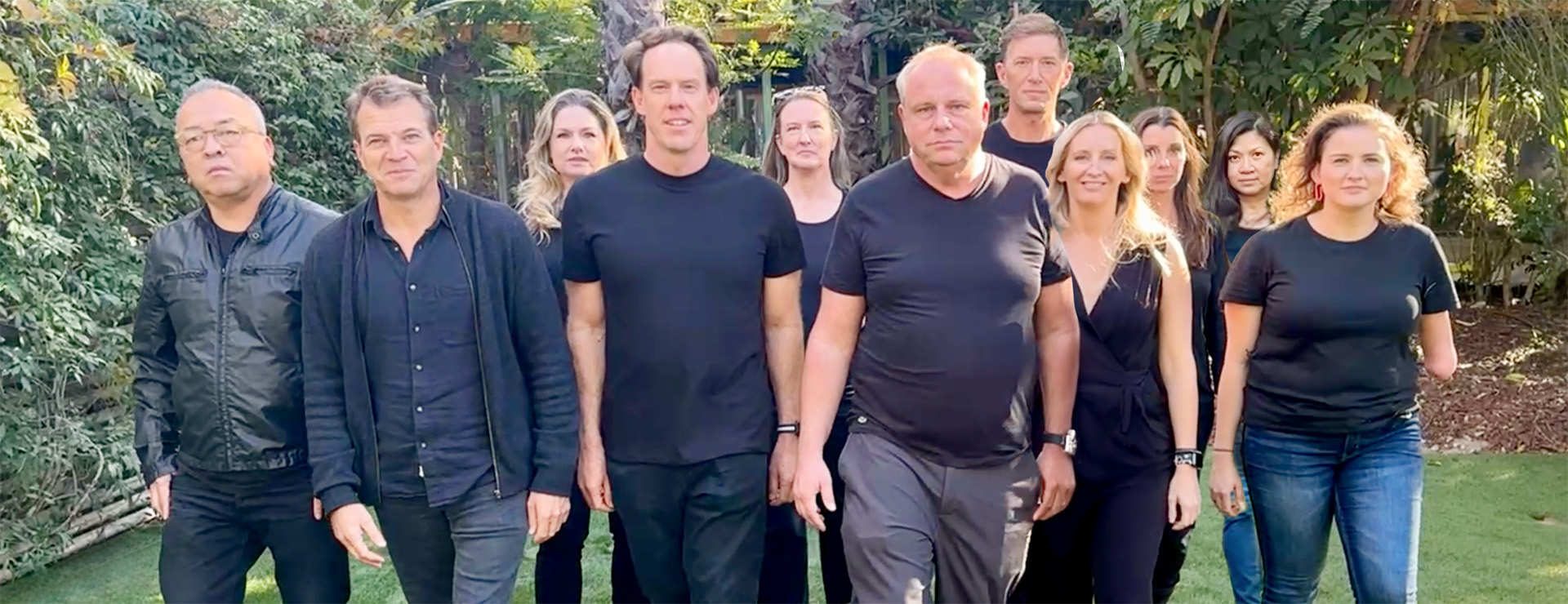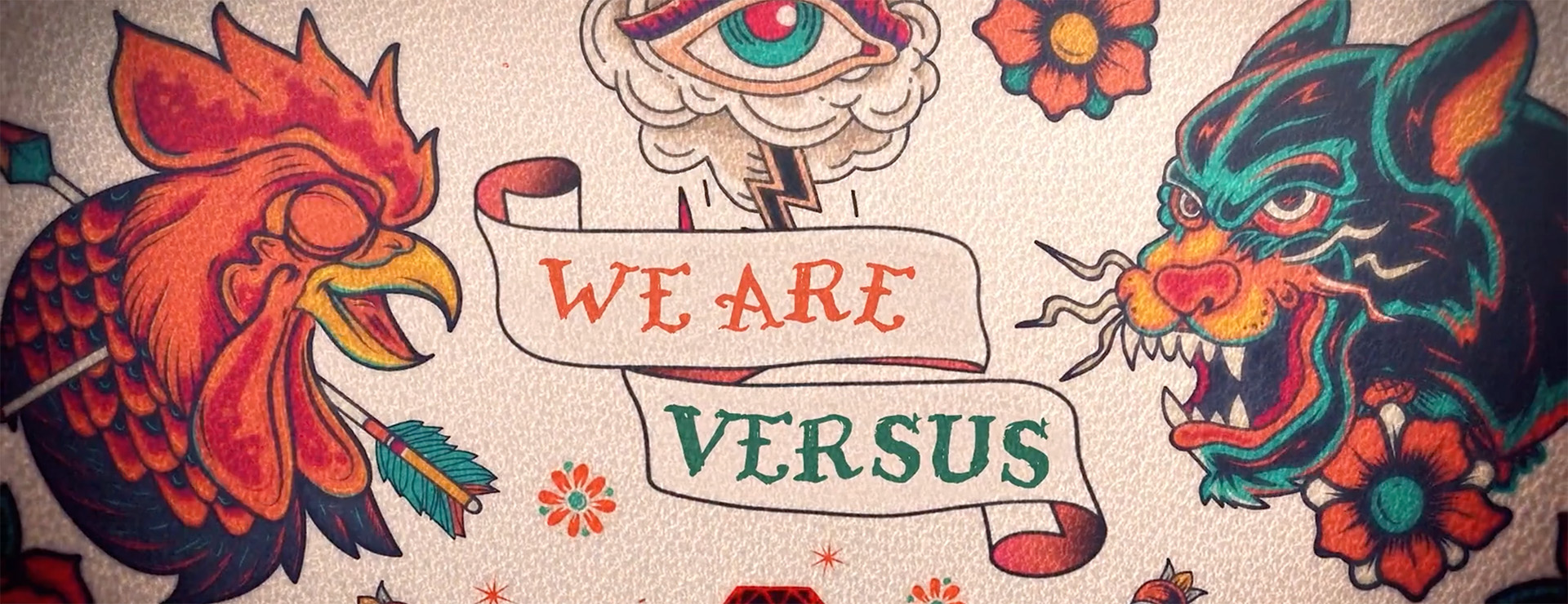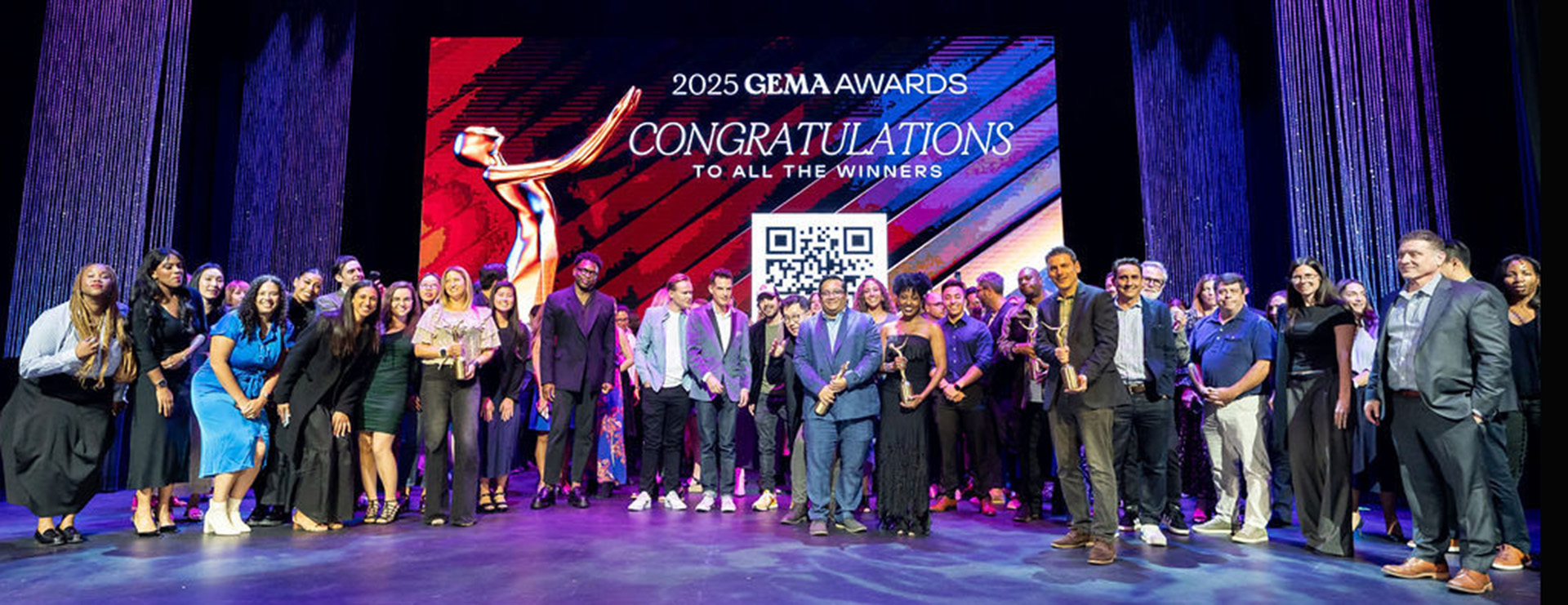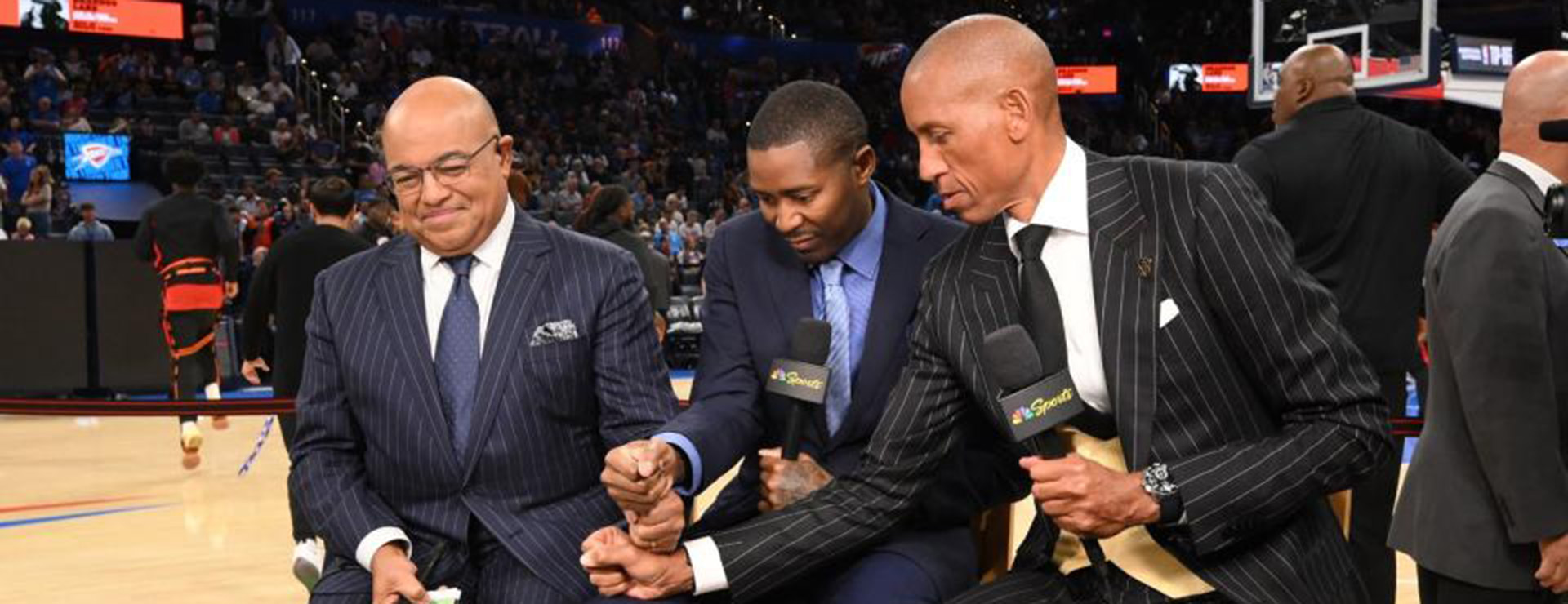In 1996, Wil Shelton was a licensed cosmetologist who owned a barbershop outside of Los Angeles. As a barber, he spent a lot of time talking to clients in the chair and he realized the influence that he had in terms of making suggestions to customers. That notion became an idea that became a business. Today, Shelton has a network of more than 50,000 barbershops and hair and nail salons that he can tap to provide entertainment marketers with exclusive access to America’s Black community.
Most recently, Shelton worked with Netflix to promote the streaming service’s first major live event: the boxing match between Jake Paul and Mike Tyson. As a longtime boxing enthusiast himself, getting to do the promotion was a sort of dream come true. Shelton caught up with Spotlight to talk about his unique approach to marketing.
Spotlight: You’ve been in business with Wil Power since 1996. At that time, which is almost 30 years ago now, was integrated marketing really a thing? How did you come up with the idea to merge marketing with barbershops and salons?
Wil Shelton: I didn't even know what integrated marketing was. Just to give you my backstory, I'm a licensed cosmetologist and barber. I owned my own hair salon for 10 years. That's how I began to understand when you go to your stylist, they can get more out of you in 15 minutes than the therapist can in 15 years.
I began to understand that in almost every conversation that goes on – whether it's about the song that I'm playing or the latest movie that I’ve seen – we are organically promoting entertainment companies’ projects, and I thought they should know about that.
I feel like I was this marketer disguised as a barber. I put this little proposal together, and I went to the phone book, because back then, there was no Google or anything. I found the addresses to all movie studios and record labels, and I sent them letters, and I said, this is a captive audience that has an insatiable appetite for entertainment. Within about 30 days, I started getting free CDs sent to me from the record labels and studios started sending me advanced screening passes to give out. So that's when I knew I had something.
Spotlight: From there, how did you build out your network of shops?
Shelton: I began to talk to a couple of people in the industry that distribute hair products to all these shops and I asked them if they could help me build this network. Eventually, I had someone in Atlanta, in Houston, in Dallas, all over the country, and in a couple of years, it really blew up.
Then I was able to go back to these brands and say ‘now I can connect you with thousands of shops all over the country.’ That’s when we started doing real business deals where they really wanted to get admission to these places.
What I do is give brands unmatched access to the heart of the Black hair experience.
These are cultural institutions in the Black community. With the 50,000 shops that I have, that's access to an audience of over 30 million across this network plus our social media community of over 15 million.
Spotlight: On average, how often would you say Black women are in the salon?
Shelton: I would say they're usually there at least twice a month. Guys are in there getting their hair cut at least twice a month and sometimes every week. It’s a strong grooming community.

Spotlight: And then you also have soul food restaurants.
Shelton: Yeah, we do, and actually right now we're doing an activation with Snoop Dogg ice cream called Dr. Bombay. We're launching that in L.A. soul food eateries, and we're partnering with soul food restaurants to do samples and get on their menus.
Spotlight: In 1996, social media didn’t exist. When social media came into play, how did that change your business?
Shelton: It changed the game tremendously. I've always looked at it as the barbershops and salons were the original social media. Literally, they would have vendors in there, selling clothes, fashion, CDs, even mix tapes were there. So I look at it as the original Black Twitter, the original DoorDash and the original UberEats rolled up into one.
When social media kicked off, I saw what was going to happen. I realized I needed to have my own influencers. I think when Empire came out on Fox, they hired me and that was the first year I really kicked into social media activations.
Stylists and barbers are already natural influencers in the way they put out new hairstyles with music behind it. A lot of times you'll see a barber or hairstylist post their transformation hairstyles and there's always some music with that, right? So I contacted the record companies and said, if you have a new album or new record coming out that you want to position, we'll have our influencers put the music to their new hairstyles. We really work with them to be creative, to be authentic, to whatever it is that we're promoting.
What we're really doing is helping brands build trust and respect and gain loyalty.
How do you gain loyalty? First, you build trust and you build respect through these sacred spaces. That's what we're really doing with the community.
Spotlight: How do you measure those things? How do you measure sustained conversations, cultural capital, trust, loyalty?
Shelton: It's hard to measure impact sometimes, but we have various ways. We know how much foot traffic is going into each shop every day, how many haircuts they do, how many styles they do. We know it’s heavier during the holiday season. We know there's an 82% trust rate of barber recommendations, three times higher engagement from barber conversations, probably five times higher retention from community endorsements like this. We know how many branded items and materials we put into each shop, so we're able to measure all that data.
Spotlight: Now that we’ve laid all that foundation, let’s talk about the Tyson vs. Paul fight. How did that whole campaign come about?
Shelton: I have been cultivating that relationship for a couple of years, but either the timing wasn't right, or it wasn't the right project. So the Tyson fight comes down, and they email me, and they say, 'hey Wil, this is it, we're going to work together now.'
What they understood was you can buy the right to stream a fight, but you can't buy the right to be a part of the conversation.
That has to be earned, and they knew that through my network, they would be able to do that.
This was the perfect moment, because they're playing the long game as well. Not only was it about the live fight, but they're going to have live NFL games and other things in the pipeline. So this kind of set the ground for that as well.
Spotlight: What kinds of activations did you do in the shops around the fight?
Shelton: We had the branded cutting capes, we had t-shirts, we had cleans on the mirrors. And then obviously we had some trailers that they would play because most of the shops had Netflix anyway. Once we went in there, that kicked off that whole debate about who you got. You got Jake or Tyson? You know, that whole thing, it was just huge. A lot of the shops ended up having fight parties at the shop while they were cutting hair and posting all of that on social media.

The genius of this isn’t what Netflix was doing, but more of what Netflix was not doing. They didn’t force the conversation. They simply showed up where the culture already lives. And that, in a nutshell, is what I help these brands do.




